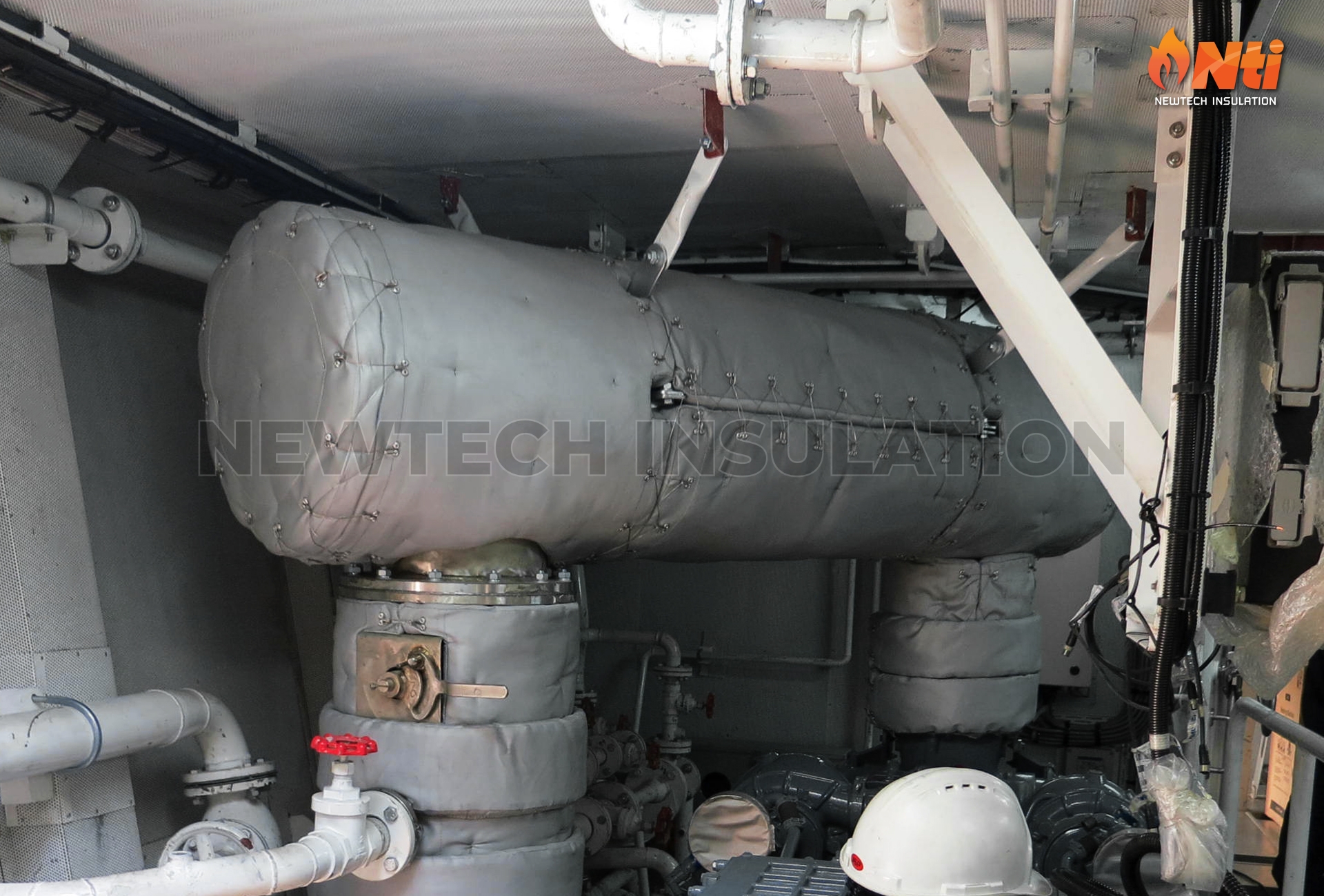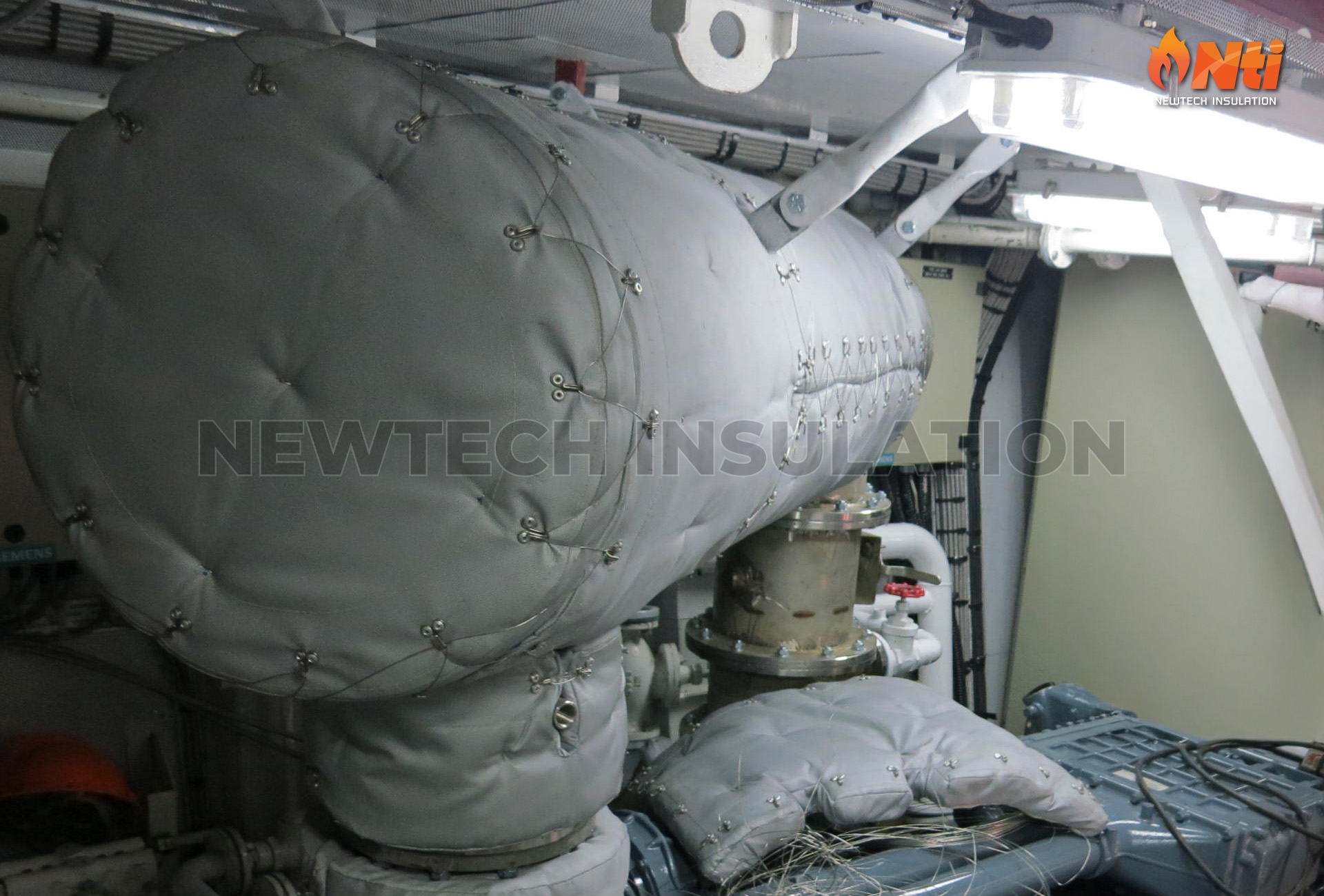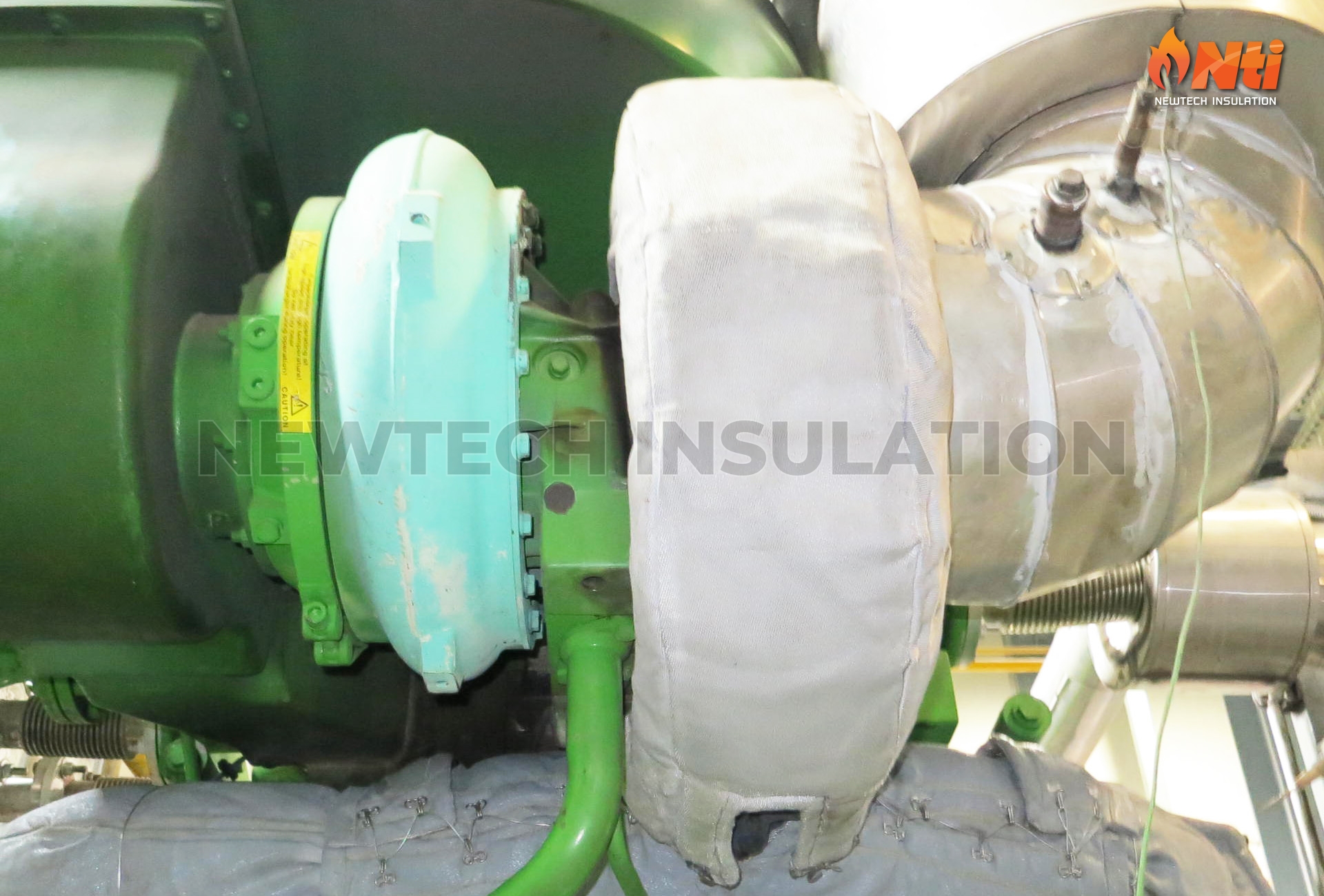









Any unauthorized copying, reproduction, modification, or distribution of any part of this content is strictly prohibited without written permission from Newtech Insulation Company Limited. Any violation will be prosecuted to the fullest extent of the law.
Industrial thermal insulation comes in various forms, each with distinct advantages and disadvantages based on their properties, such as shape compatibility with work types, density, fire resistance, insulation material composition, water resistance, chemical resistance, and heat resistance. The objectives of using thermal insulation in industry are as follows:
Understanding the objectives of thermal insulation use is crucial because it not only helps in selecting appropriate materials for specific applications but also helps save costs through one-time investment for long-term usage. The decision to choose industrial thermal insulation isn’t based solely on price; it requires consideration of various insulation properties as selection criteria. Importantly, no thermal insulation is perfect or universally applicable to all needs. Selecting insulation that best matches the user’s specific objectives proves more cost-effective in the long run.
Consulting with industrial thermal insulation experts for upcoming projects saves time and expenses by avoiding trial and error. This helps ensure thermal insulation and energy conservation projects succeed smoothly within the desired timeframe and appropriate budget.
The most important consideration is that there is no perfect insulation that can meet all usage requirements universally. The most effective approach is to select insulation that best matches the user’s specific objectives, as this proves more valuable in the long term. Consulting with industrial thermal insulation experts for planned projects saves time and costs by avoiding trial and error, helping ensure thermal insulation and energy conservation projects succeed smoothly within the desired timeframe and appropriate budget.